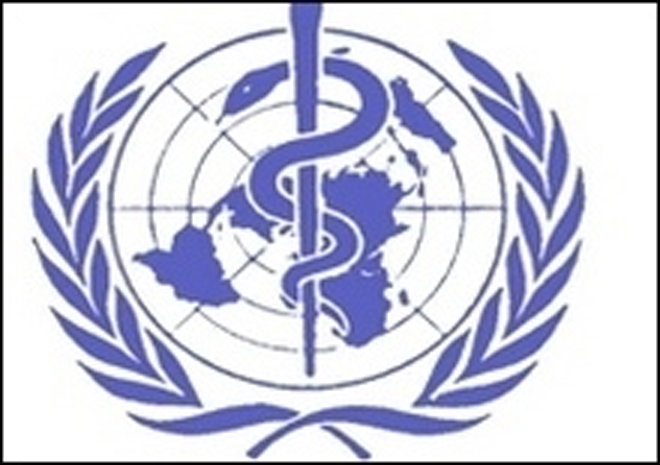No solid conclusion could be drawn from an extensive health study on mobile phones and their link to some types of brain cancer, the World Health Organisation (WHO) said on Monday, DPA reported.
The 10-year study of nearly 13,000 people by the WHO's International Agency for Research on Cancer received partial funding by the mobile phone industry.
While there might be a link between heavy usage and some cancer, no solid connection could be drawn, though most of the study's participants were not deemed heavy users.
There have also been indications of decreased risk resulting from regular use, further confusing the picture.
"Overall, no increase in risk of either glioma or meningioma was observed in association with use of mobile phones," the study's conclusion said, referring to two types of cancer.
"There were suggestions of an increased risk of glioma, and much less so meningioma, at the highest exposure levels, for ipsilateral exposures and, for glioma, for tumours in the temporal lobe," it stated.
"However, biases and errors limit the strength of the conclusions we can draw from these analyses and prevent a causal interpretation."
The objective of the study was "to determine whether mobile phone use increases the risk of these tumours," and to do so the researchers looked at healthy users and those with two types of illness: glioma and meningioma tumours.
The data on usage was collected by asking users - or in the event of a deceased person a proxy- about their mobile phone habits and was not based on observation, in a move that has drawn some criticism.
The lack of a clear conclusion to the decade long study might be cleared up with information from other studies being conducted, according to the report, due to be officially published Tuesday in the International Journal of Epidemiology.
UN study on mobile phone cancer link inconclusive
No solid conclusion could be drawn from an extensive health study on mobile phones and their link to some types of brain cancer, the World Health Organisation (WHO) said on Monday.






